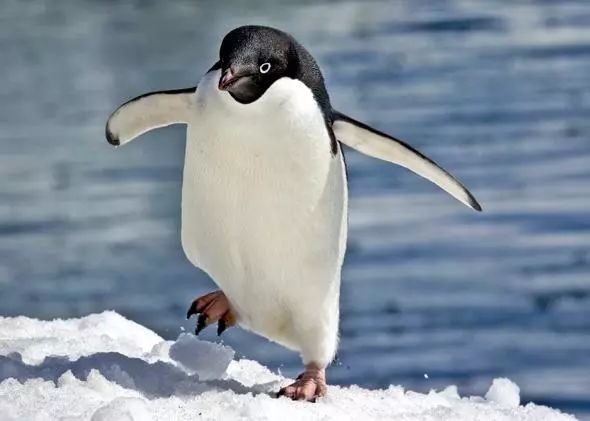"Are Otters Legal Pets? Exploring the Legality, Care, and Considerations of Keeping Otters as Pets"
#### IntroductionIn recent years, the fascination with exotic pets has grown significantly, leading many animal lovers to consider unconventional companions……
#### Introduction
In recent years, the fascination with exotic pets has grown significantly, leading many animal lovers to consider unconventional companions. Among these, otters have emerged as a popular choice due to their playful nature and adorable appearance. However, a crucial question arises: **Are otters legal pets?** This article delves into the legalities, care requirements, and ethical considerations of owning an otter as a pet.
#### Understanding Otters as Pets
Otters are semi-aquatic mammals known for their intelligence and playful behavior. They belong to the family Mustelidae, which includes weasels, badgers, and ferrets. While they may seem like the perfect pet due to their charming antics, potential owners must first consider whether **are otters legal pets** in their area. The legality of owning an otter varies significantly from one jurisdiction to another.
#### Legal Aspects of Owning an Otter

In many places, otters are classified as exotic animals, which may require special permits or licenses to own. In the United States, for example, some states allow the ownership of otters with specific regulations, while others outright ban them. It's essential for prospective owners to research local laws and regulations regarding exotic pets to determine if **are otters legal pets** where they live. Additionally, some countries may have stricter wildlife protection laws that prohibit the ownership of certain species of otters.
#### Care Requirements for Otters
Assuming that **are otters legal pets** in your area, it’s important to understand the extensive care requirements that come with owning an otter. These animals are highly social and require plenty of interaction, both with their human companions and other otters. They thrive in environments that mimic their natural habitat, which includes access to water for swimming and playing.
Otters also have specific dietary needs. They are carnivorous and require a diet rich in protein, including fish, shellfish, and other aquatic animals. Providing a balanced diet can be challenging and may require sourcing fresh, high-quality food regularly.
#### Socialization and Enrichment
One of the most important aspects of caring for an otter is providing adequate socialization and mental stimulation. Otters are intelligent creatures that need enrichment activities to prevent boredom and behavioral issues. This can include toys, puzzles, and opportunities for play. Without proper stimulation, otters may become destructive or develop stress-related behaviors.
#### Ethical Considerations
When considering whether **are otters legal pets**, it's also essential to reflect on the ethical implications of keeping such a wild animal in a domestic setting. Otters are not domesticated animals, and their needs can be challenging to meet in a home environment. Potential owners must ask themselves whether they can provide the necessary care and environment for an otter to thrive.
Moreover, the capture and trade of otters can have significant impacts on wild populations. Many species of otters are threatened or endangered due to habitat loss and illegal wildlife trade. By choosing to keep an otter as a pet, individuals may inadvertently contribute to these issues.
#### Conclusion
In conclusion, while otters may be adorable and entertaining, potential owners must carefully consider the question, **are otters legal pets?** Understanding local laws, the extensive care requirements, and the ethical implications of owning an otter is crucial. For those who are passionate about these animals, supporting wildlife conservation efforts and visiting them in their natural habitats or sanctuaries may be a more responsible way to appreciate their charm without the challenges of pet ownership.